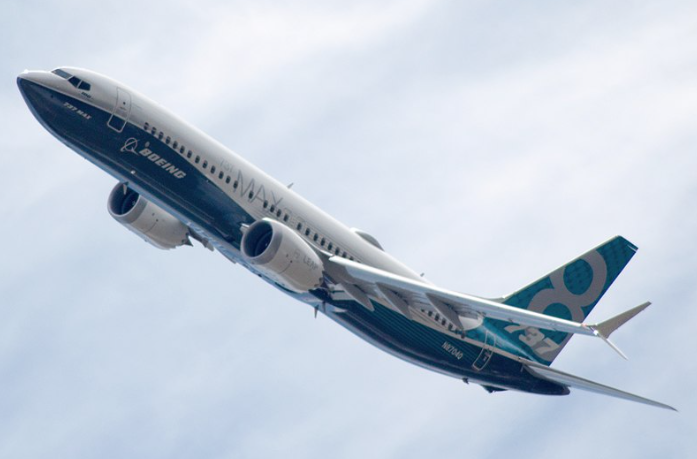Recently, Boeing has been under scrutiny by the public and federal government for fatal safety issues that have landed the company in hot water.
Safety-related issues include the Boeing 737 MAX crashes that killed a total of 346 people due to a faulty AOA sensor and most recently Alaska Airlines Flight 1282, which suffered a door blow-out mid-flight.
Due to numerous issues regarding the 737 MAX, the Federal Aviation Administration (FAA) made the decision in the early months of 2024 to ground all 737 MAX’s and conducted an audit on Boeing’s production facilities. After discovering numerous issues in production and storing of parts, the FAA forced Boeing to correct their mistakes and restricted them from expanding their 737 MAX production.
This recent audit conducted by the FAA highlighted safety concerns that violated a Deferred Prosecution Agreement (DPA) that the Department of Justice (DOJ) issued to Boeing. This DPA was issued in 2021 due to the 737 MAX crashes. Boeing has since pleaded guilty to violating their DPA and now suffers additional multi-million dollar fines from the DOJ.
Furthermore, two Boeing safety managers, John Barnett and Joshua Dean, reported further safety concerns and dangerous cost-cutting practices in Boeing’s production. Later, both were found dead, one by suicide and one by a sudden fast-spreading infection despite being perfectly healthy. Many speculate both were assassinations to silence the whistle-blowers; in fact, John Barnett was due to speak against Boeing in a civil lawsuit the day of his passing.
As troubles plague the company, the effects are being felt in the airline industry. Boeing is only producing around 65% compared to their most recent quarter. Airbus is also facing smaller issues due to General Electric facing supply chain difficulties. As Boeing falls behind on deliveries, the airline industry suffers as well.
Rising fuel and labor costs coupled with Boeing’s lackluster performance has led to a decrease in airline profits. As the airline industry slows down, numerous smaller airlines have filed for bankruptcy, such as Air Malta and Canada’s Lynx air. Additionally, Spirit is considering filing for bankruptcy after a failed merger with JetBlue.
Aviation-related careers are also in jeopardy, affecting thousands of Americans who are searching for careers in this field. The industry has put a major pause on hiring pilots, leaving some pilots stranded despite having their Restricted Airline Transport Pilots license (R-ATP). “I’m at my 1500 hours now, but because Boeing has fallen behind on production, I’ve been put on a waiting list for being hired as an airline pilot,” said FAA certified flight instructor Cody Teshak.
Numerous airlines including United Airlines have furloughed countless pilots to compensate for their losses. Manufacturers are also firing hundreds of factory workers. Boeing’s biggest supplier has recently fired 700 factory workers in an effort to handle a decrease in demand from Boeing. This, coupled with a recent strike involving more than 33,000 Boeing factory workers, has only exacerbated the issue.
“For someone who wants to get into the aerospace industry, seeing all of these issues with Boeing has made me nervous for my future. I thought that this industry had good job security but now I’m not so sure seeing how quick things can go South,” shared Karl Hellinga, senior at Hononegah Community High School.
As the aviation industry continues to face severe challenges, the short-term future of aviation remains uncertain. Until Boeing fixes their major internal issues, the entire airline industry will most likely remain in discord.









